Unbelievable and bizarre news! Identify “love brain syndrome” after a Chinese girl calls her boyfriend 100 times a day. Let us examine this psychological term and whether you have it or not.
An 18-year-old woman from China named Xiaoyu was diagnosed with “love brain” after she showed signs of extreme possessiveness toward her boyfriend. She would call him more than a hundred times per day and get upset when he failed to answer.
A video of her went viral, showing her messaging him over and over again — and having a breakdown when he didn’t respond. She wound up in the hospital. “Love brain disorder” is associated with anxiety and depression, but can be treated with self-care and therapy for healthier relationships.

What Is The “Love Brain Syndrome”?
The Fourth People’s Hospital located in Chengdu, China has recently recognized a condition called “love brain disorder” that seems to be similar to borderline personality disorder. This syndrome commonly takes place among those who have had problematic relationships with their parents during childhood.
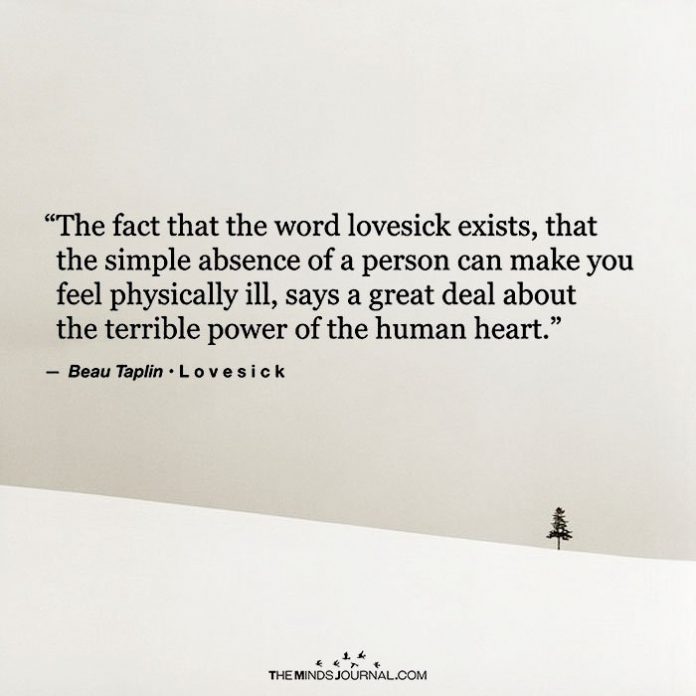
It can result in problems with emotional control as well as establishing good relations with others.
Some people manage it through being aware and regulating themselves but there are cases when this should be treated by professionals due to its severity. Dr.Du thinks that early parental bonds shape grown-up behavior and social life significantly.
Related: Men’s First Love Theory: 7 Life-long Psychological Impacts Of First Love
Love Brain Syndrome Symptoms: Signs You Might Have It
1. You Can’t Get Them Out of Your Head
If you’re always thinking about your partner, going over conversations in your head or daydreaming about the future, then it’s possible that you’re suffering from lovesickness.
What To Do? Practice some mindfulness exercises to help shift your focus away from constant thoughts about them.
2. Eating and Sleeping Become Difficult
One of the love brain syndrome symptoms is having a reduced appetite, one may struggle with sleep, this is because they feel like they have less energy than usual,
What To Do? Stick to a regular sleep routine and try relaxation techniques before bed to aid better quality sleep; even if you don’t feel hungry ensure that you eat balanced meals throughout the day.
3. You Feel Like You’re Always On A Rollercoaster Of Emotion
If you’re feeling like your emotions are a roller coaster that never stops moving, you may be experiencing love brain syndrome.
Love can make you feel everything from happiness to worry and all the things in between. But if every single day feels like walking on eggshells then it is one of the love brain syndrome symptoms.
What To Do? It’s alright to feel this way, just make sure to communicate with your partner about what you’re going through.
4. Other Areas Of Your Life Start To Slip
You always have your partner in mind; when they are not around, you feel alone and hollow. You begin to put your significant other or relationship first before anything else — work, hobbies, friends included.
Making them a priority is good but this can also be a dangerous path so remember that it’s important for us all to still do things which make us happy apart from our loved ones at least sometimes.
5. You Become Overly Dependent On Them
It might be okay to be somewhat reliant on your partner, but if you are happy only when they are, that’s a problem. You’re in danger of losing them — and yourself.
Make sure that alongside caring what matters most – namely ourselves – also nurturing various other connections around because there’s nothing like having too many eggs in one basket.
By recognizing the signs and implementing healthy coping mechanisms, such as self-care, communication, and maintaining a balance in life, you can navigate lovesickness with resilience.
Related: Am I In Love Or Just Experiencing Limerence? 5 Signs To Look For
Remember, while love may make you feel good, it’s essential to ground yourself in self-love and nurture connections beyond romantic bonds.
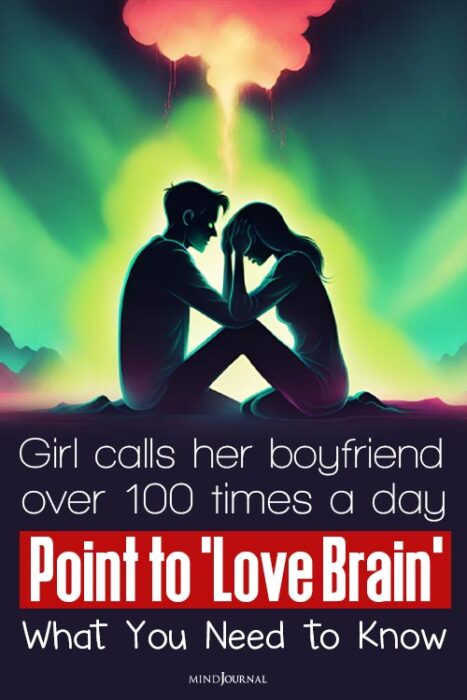
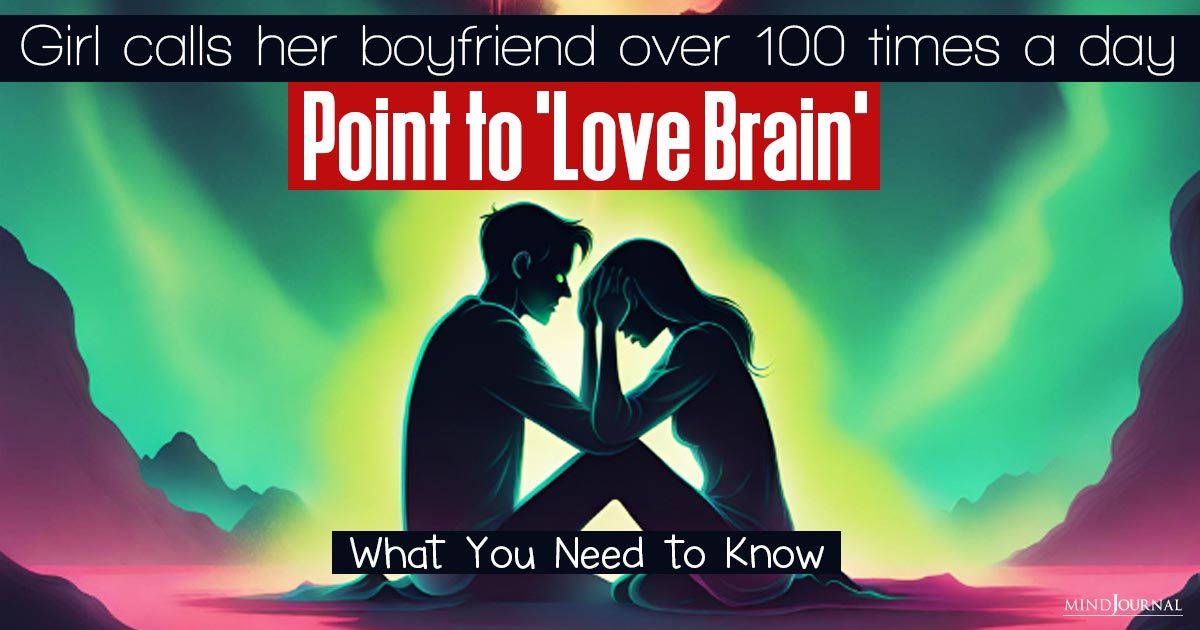
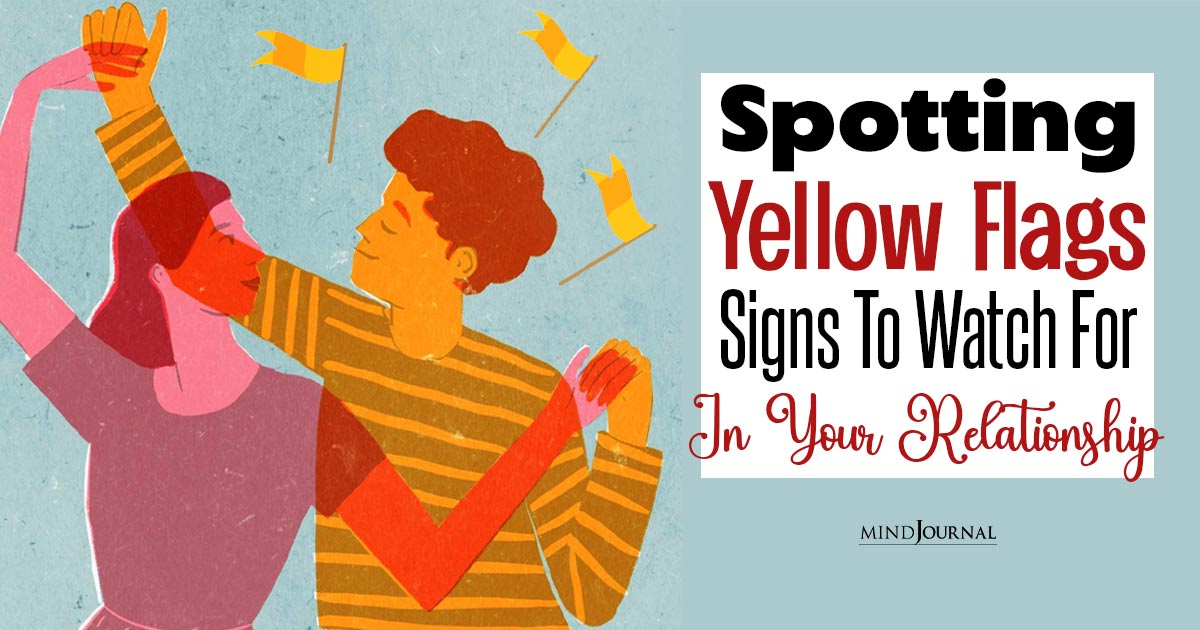



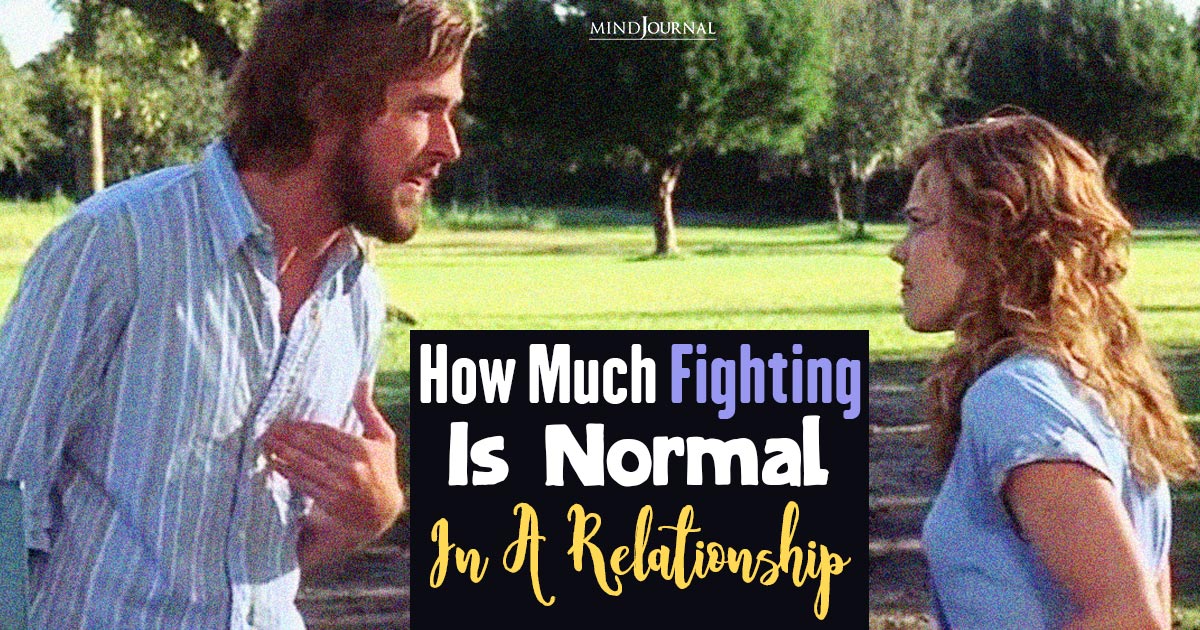
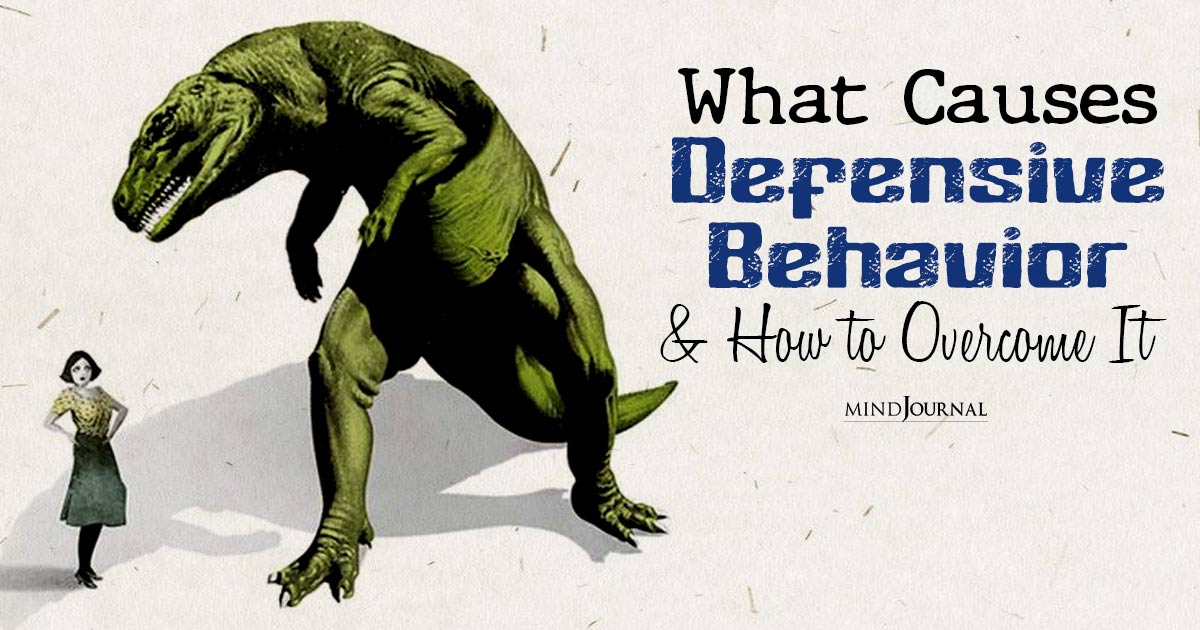
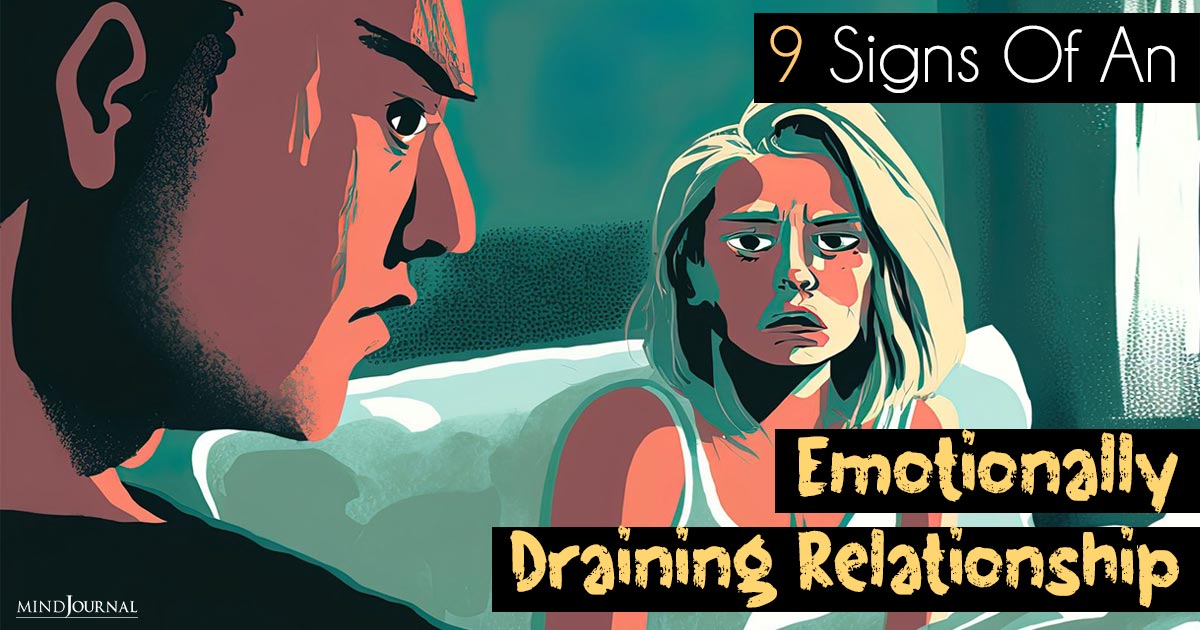
Leave a Reply
You must be logged in to post a comment.